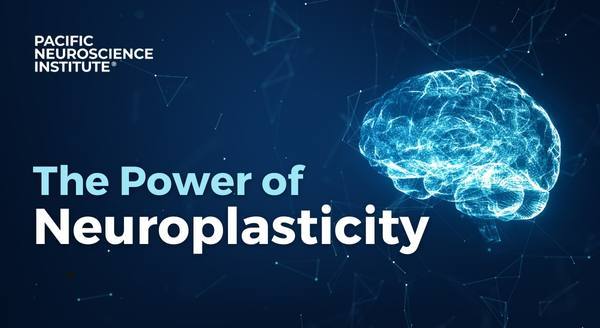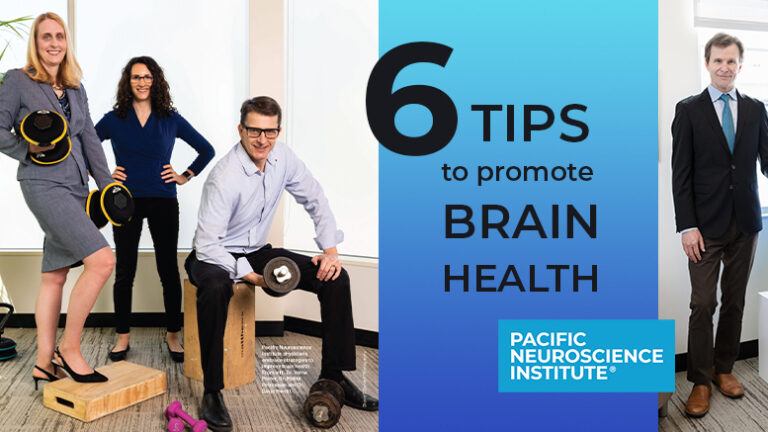
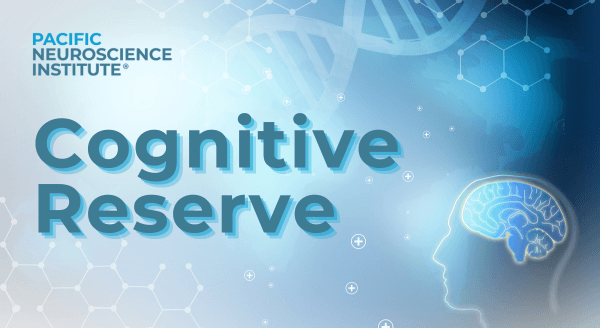
Cognitive Reserve: The Hidden Key to a Healthy Brain
by Brianna Rauchman
Discover the secret to optimal brain health with Jennifer Bramen, PhD, Senior Research Scientist at Pacific Neuroscience Institute®. Learn how cognitive reserve protects against cognitive decline and neurodegenerative conditions, and gain practical advice to enhance your brain health.
In this in-depth interview, we had the privilege of speaking with Jennifer Bramen, PhD, Senior Research Scientist at Pacific Neuroscience Institute. As an expert in cognitive neuroscience and brain health, Dr. Bramen thoroughly comprehends how cognitive reserve protects against age-related cognitive changes and neurodegenerative conditions. Continue reading to explore the science behind cognitive reserve and gain expert advice on enhancing your brain health.
What is Cognitive Reserve?
According to Dr. Bramen,”cognitive reserve refers to an individual’s ability to maintain cognitive and functional abilities despite the presence of neurodegeneration due to pathology or normal aging.” Cognitive reserve enables the brain to adjust and compensate for the challenges it faces. Thus, cognitive reserve plays a vital role in protecting the brain against cognitive decline and age-related cognitive disorders.
How does cognitive reserve protect your brain health?
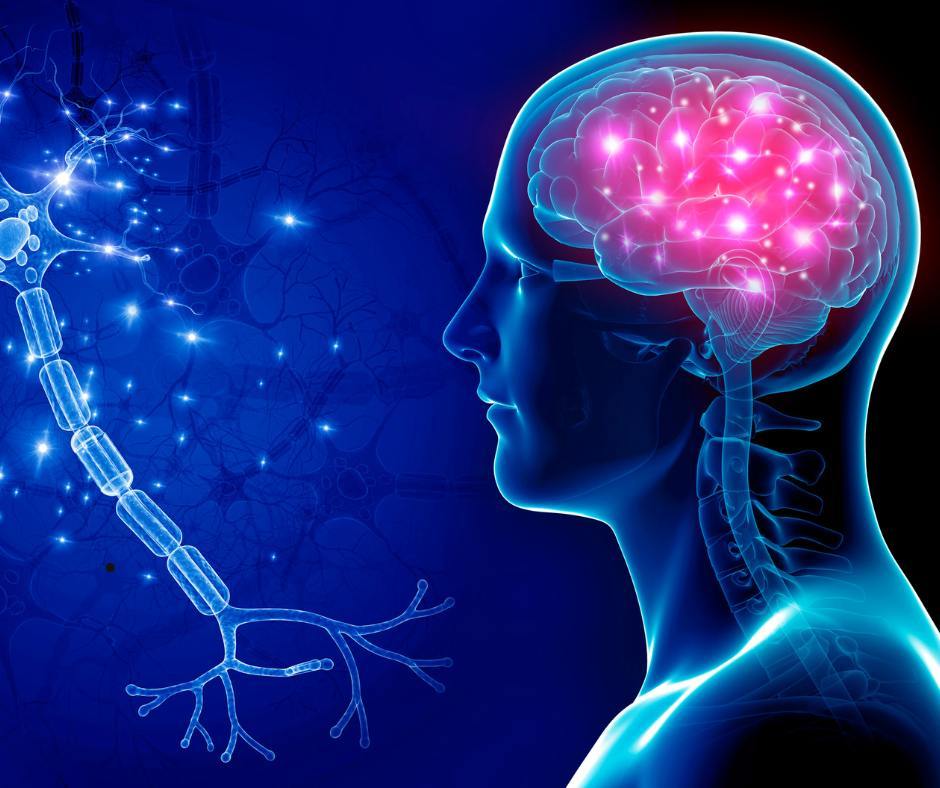
Cognitive reserve relies on the remarkable principle of neuroplasticity. Neuroplasticity encompasses the brain’s ability to adapt and react to various stimuli from the environment, new experiences, and other developmental mechanisms. This intricate phenomenon involves a diverse array of complex cellular and molecular processes, facilitating the establishment of new neural connections.
By utilizing new neural pathways or adopting alternative strategies, neuroplasticity allows individuals to effectively adapt to neurodegeneration due to normal aging or cognitive decline. Therefore, neuroplasticity serves as a powerful tool in augmenting cognitive reserve and protecting brain health.
Although genetic factors play a role in these processes, there are various actions you can take to optimize your cognitive reserve.
4 Steps to Strengthen Your Cognitive Reserve
1. Intellectual Stimulation
Dr. Bramen recommends engaging in activities that promote intellectual stimulation. “Learning new things is essential,” Dr. Bramen emphasizes. “It’s easy to stick to what we already do well, but the old saying holds true: ‘Use it or lose it.‘” Dr. Bramen personally suggests acquiring a new skill each year. Furthermore, enhancing organizational skills can help compensate for memory loss, which is common in both normal aging and cognitive decline.
Don’t know where to start? Try learning a new language, starting a fun hobby, or organizing that messy closet you’ve been avoiding for years. Regardless of how you approach it, engaging in intellectual engagement is vital for sustaining optimal cognition.
2. Physical Wellness
Did you know that your physical health directly impacts your cognitive reserve? Consistent exercise, proper nutrition, and quality sleep are essential for preserving brain health.

Exercise boosts blood flow to the brain, enhances neuroplasticity, and improves cognitive abilities such as attention, memory, and executive function. Dr. Bramen notes, “regular physical exercise has consistently been associated with better cognitive function and a reduced risk of cognitive decline.” She recommends participating in consistent aerobic exercise (e.g., brisk walking, jogging, cycling) for at least 150 minutes per week, coupled with two sessions of strength training exercises every week.
Regarding nutrition, Dr. Bramen advises maintaining a well-balanced diet rich in fiber and healthy fats. Additionally, managing cardiovascular and diabetic risk factors through dietary choices is crucial for optimizing brain health.
Sleep is another significant factor for brain wellness. “Quality sleep is essential for cognitive function and memory consolidation,” states Dr. Bramen. During sleep, the brain clears out waste products, processes information, and restores energy. Chronic sleep deprivation or poor sleep quality can impair cognitive performance, attention, and memory. Dr. Bramen recommends aiming for 7-9 hours of quality sleep per night to support optimal brain function.
3. Social Engagement
Social engagement plays a significant role in maintaining cognitive reserve and brain health. Dr. Bramen explains that “regular social interactions, involvement in community organizations aligned with personal interests, and participating in group exercise classes” hold particular advantages.
The key lies in selecting activities that personally motivate you and integrating them into your daily life. Conversely, social disengagement or isolation increases the risk of cognitive impairment, emphasizing the importance of nurturing social connections.
4. Cognitive Education

To achieve optimal outcomes, Dr. Bramen suggests considering professional interventions. Fortunately, the Lifestyle Program at Pacific Neuroscience Institute® offers a wide range of science-based courses designed to enhance brain wellness. With the guidance of brain health specialists, you can optimize the 5 key factors for enhanced brain health, encompassing memory, nutrition, stress, exercise, and sleep.
Whether you currently experience memory loss, or simply desire proactive education, the Lifestyle Program offers personalized courses tailored to your needs. We offer virtual and in-person options, as well as individual and group settings, to suit your preferences. Click here to learn more.
Start Your Brain Health Journey Today
In this illuminating interview with Dr. Bramen, we have explored the concept of cognitive reserve and its pivotal role in protecting brain health. Dr. Bramen’s insights shed light on the power of cognitive reserve in countering cognitive decline and age-related cognitive disorders. By understanding and leveraging the principles of cognitive reserve, we can take proactive steps to safeguard our brain health.
Remember, building and preserving cognitive reserve is an ongoing process. Start your journey today with one small step: solve a puzzle, consume a nourishing meal, reach out to a friend, or explore brain health programs. With each conscious effort we make, we empower our brains and pave the way for a healthier cognitive future.
How to enroll in the Lifestyle Program
Virtual and in-person sessions are available. To learn more about participation, contact us: lifestyle@pacificneuro.org | 213-344-2037
About Jennifer Bramen, PhD

Jennifer Bramen, PhD, is a Senior Research Scientist at the Pacific Neuroscience Institute Foundation. She works alongside clinician-scientists at the Pacific Brain Health Center to bridge the gap between the translational research pipeline and full clinical implementation. Dr. Bramen is also spearheading the Pacific Neuroscience Institute Foundation’s new Neuroimaging Core, which will provide neuroimaging-based biomarkers for clinical trials research.
Useful Links
Related Videos
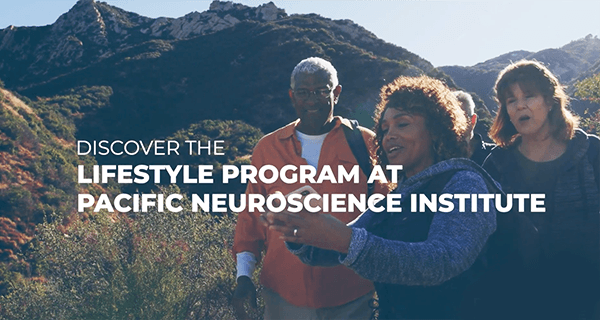 Lifestyle Program at PNI
Pacific Neuroscience Institute’s new Lifestyle Program offers a multimodal education approach to optimize brain wellness. Whether you aim to enhance your longevity, stabilize cognitive decline, or receive support after a…
Lifestyle Program at PNI
Pacific Neuroscience Institute’s new Lifestyle Program offers a multimodal education approach to optimize brain wellness. Whether you aim to enhance your longevity, stabilize cognitive decline, or receive support after a…
 Why You Should Eat Tomatoes in September
Did you know that September is the perfect time to enjoy peak season tomatoes? Lycopene, the most abundant carotenoid in ripened tomatoes, is an antioxidant that fights against inflammation and…
Why You Should Eat Tomatoes in September
Did you know that September is the perfect time to enjoy peak season tomatoes? Lycopene, the most abundant carotenoid in ripened tomatoes, is an antioxidant that fights against inflammation and…
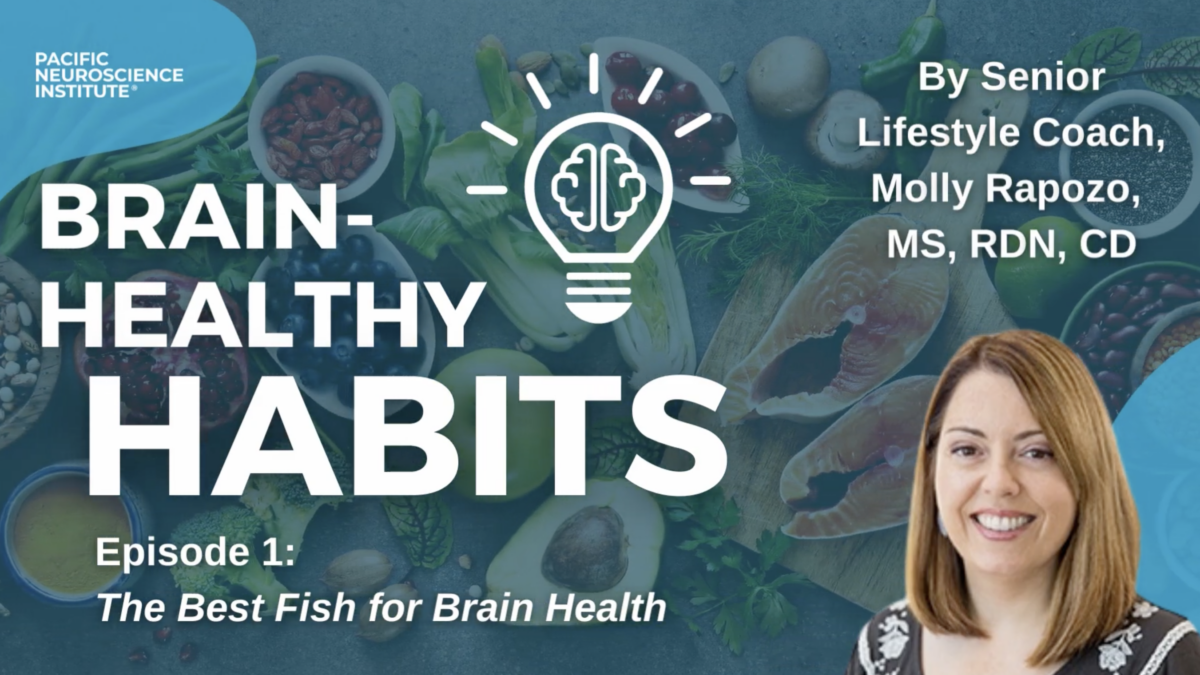 Brain-Healthy Habits Episode 1: The Best Fish for Brain Health
Brain-Healthy Habits Episode 1: The Best Fish for Brain Health
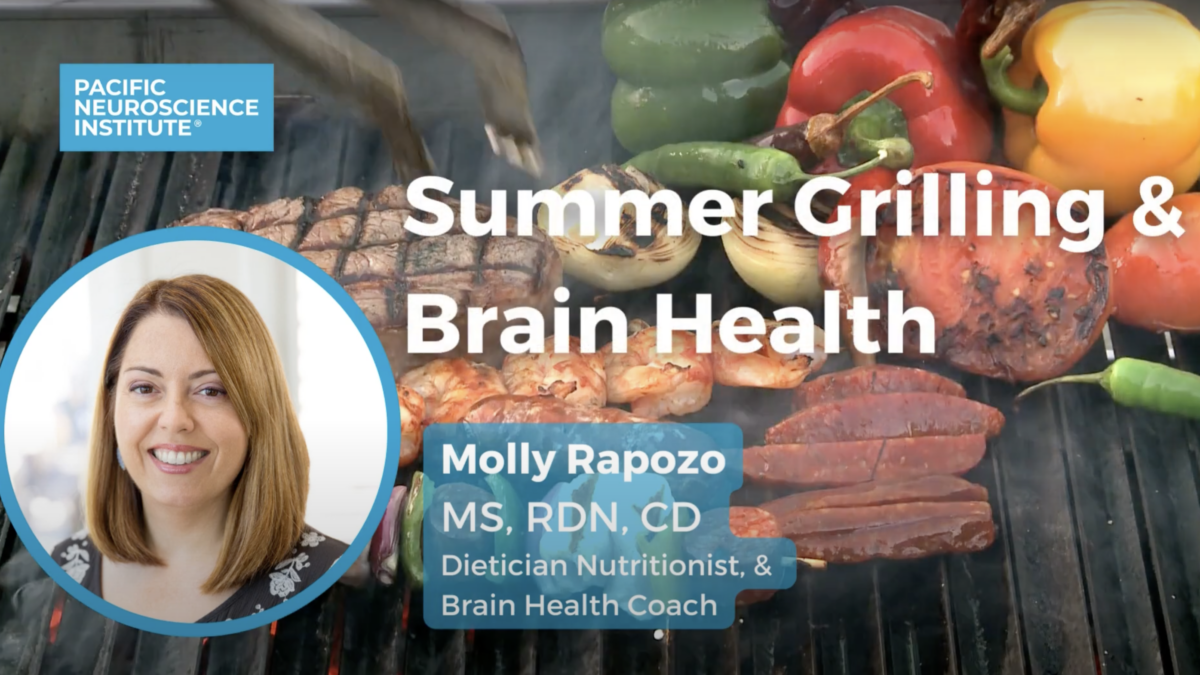 AGEs or Advanced Glycation End Products
AGEs or Advanced Glycation End Products
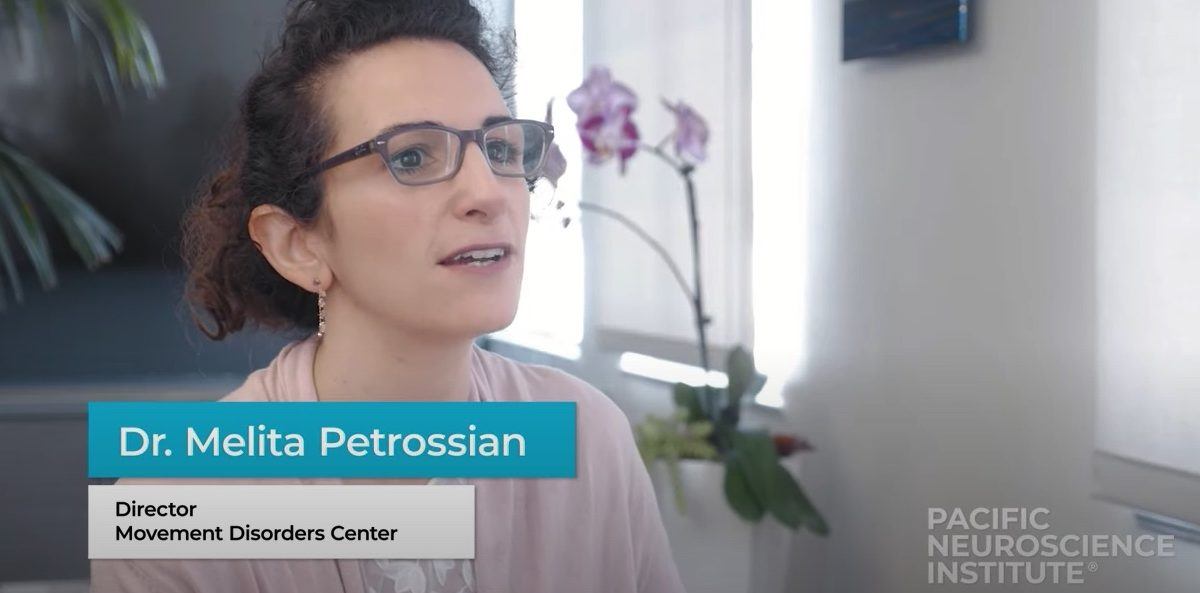 A PNI Minute | The MIND Diet for Parkinson’s Disease
A PNI Minute | The MIND Diet for Parkinson’s Disease
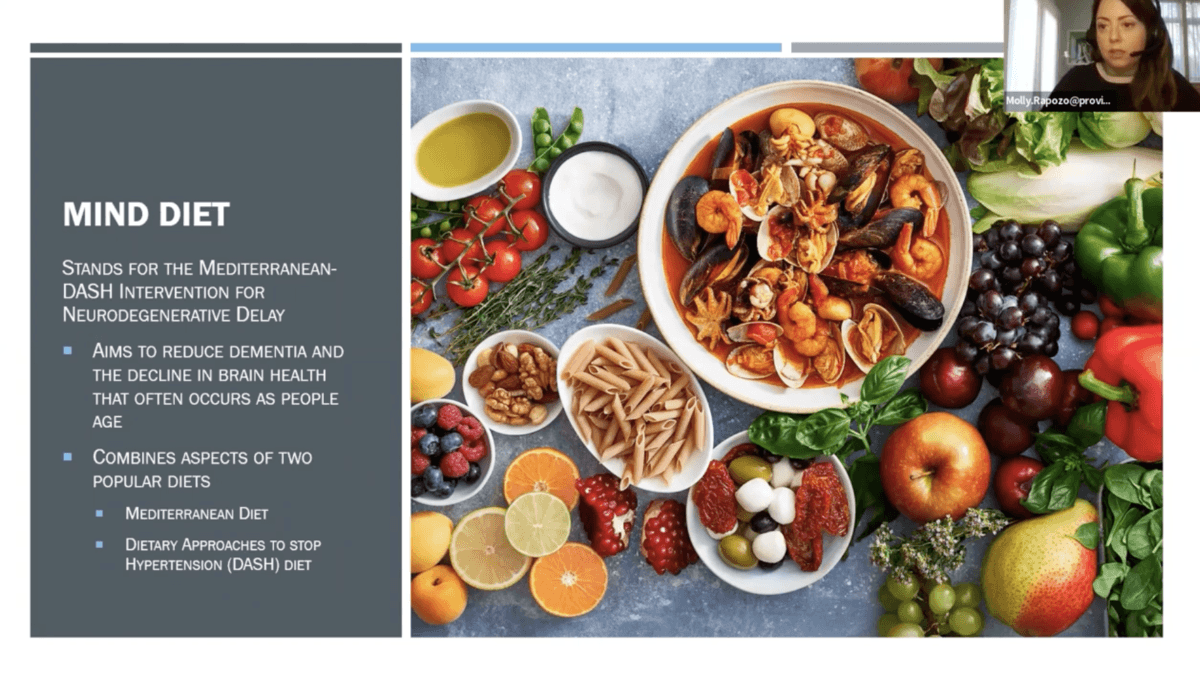 13. Everything Parkinson’s: Brain Boosting Foods for Parkinson’s Disease with Molly Rapozo, MS, RDN
Everything Parkinson’s Webinars: https://www.pacificneuroscienceinstit… Molly Rapozo, MS, RDN, CD, a registered Dietician Nutritionist and Brain Health Coach at the Pacific Brain Health Center, discusses nutrition and food in relation to…
13. Everything Parkinson’s: Brain Boosting Foods for Parkinson’s Disease with Molly Rapozo, MS, RDN
Everything Parkinson’s Webinars: https://www.pacificneuroscienceinstit… Molly Rapozo, MS, RDN, CD, a registered Dietician Nutritionist and Brain Health Coach at the Pacific Brain Health Center, discusses nutrition and food in relation to…
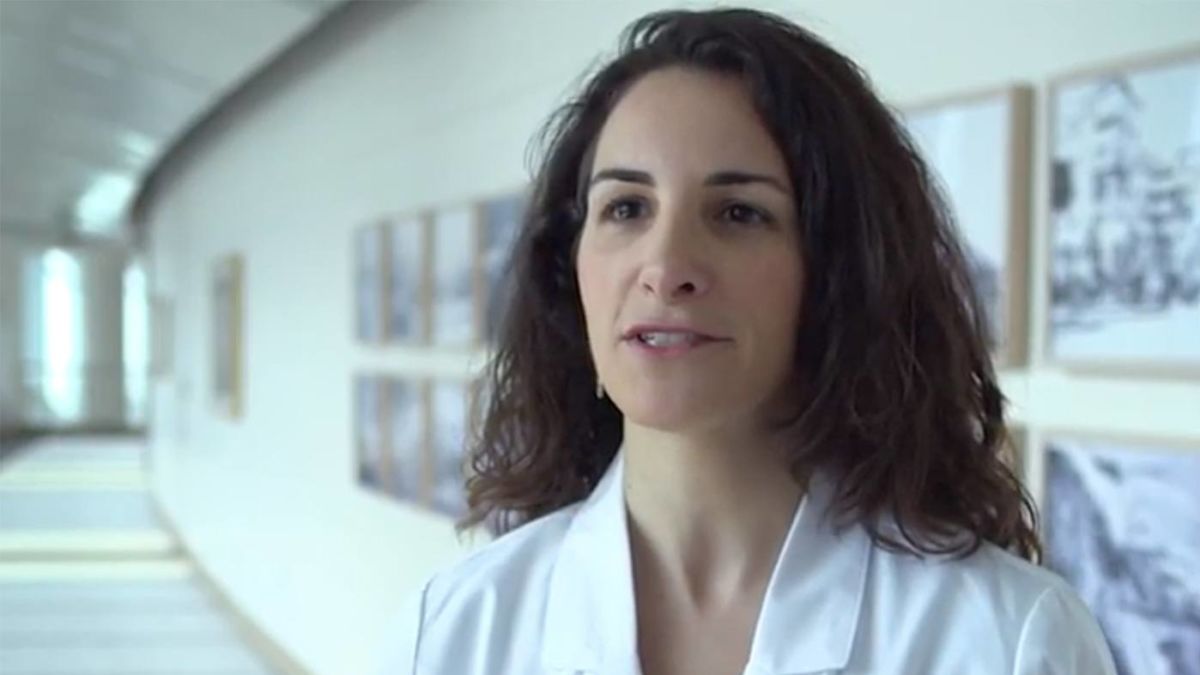 A PNI Minute | Neuroplasticity and Parkinson’s Disease
Dr. Melita Petrossian, neurologist and director at Pacific Movement Disorders Center talks about brain neuroplasticity as it relates to Parkinson’s disease. For more information or a consultation, visit pacificmovement.org or…
A PNI Minute | Neuroplasticity and Parkinson’s Disease
Dr. Melita Petrossian, neurologist and director at Pacific Movement Disorders Center talks about brain neuroplasticity as it relates to Parkinson’s disease. For more information or a consultation, visit pacificmovement.org or…

Lifestyle Program at PNI

Why You Should Eat Tomatoes in September
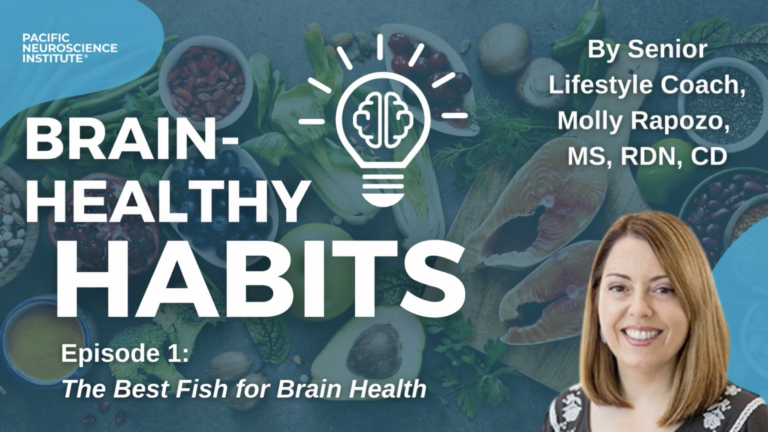
Brain-Healthy Habits Episode 1: The Best Fish for Brain Health
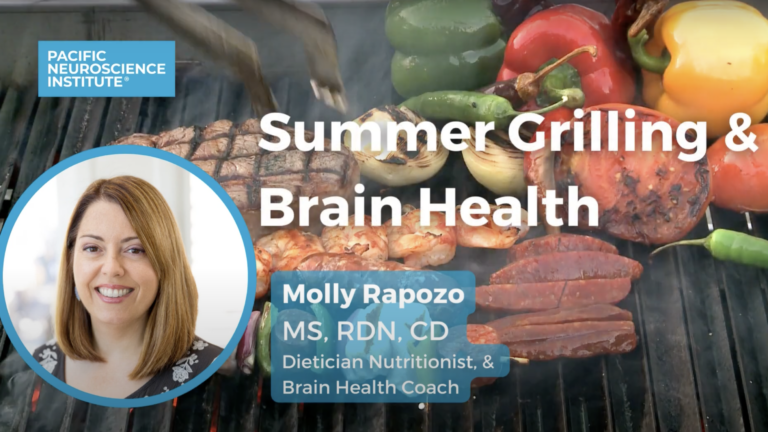
AGEs or Advanced Glycation End Products
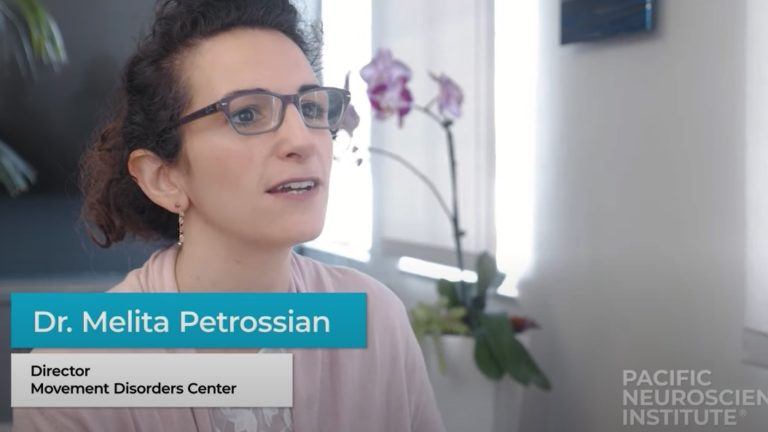
A PNI Minute | The MIND Diet for Parkinson’s Disease

13. Everything Parkinson’s: Brain Boosting Foods for Parkinson’s Disease with Molly Rapozo, MS, RDN
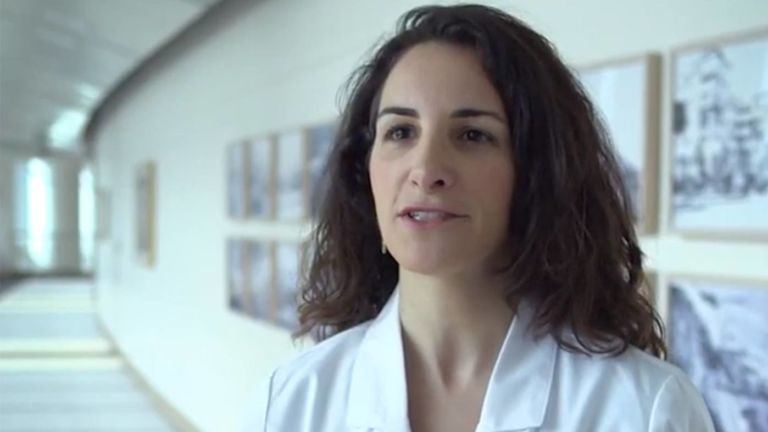
A PNI Minute | Neuroplasticity and Parkinson’s Disease
Related Articles
About the Author
Brianna Rauchman
Brianna Rauchman, BA, is the Communications Coordinator for the Lifestyle Program, where she helps develop outreach strategies to connect with an expanding audience. Her responsibilities include providing launch support, developing content, assisting with collateral design, and planning social media strategies.
Last updated: June 23rd, 2023
